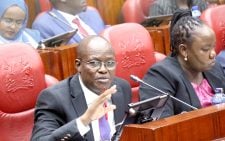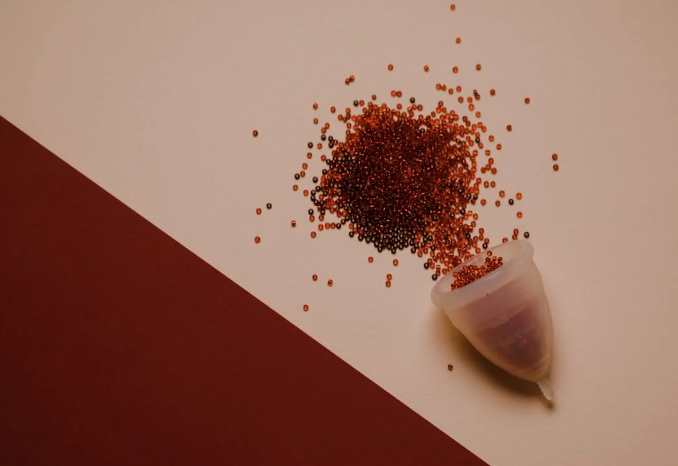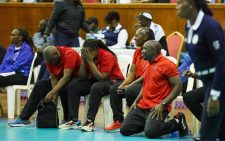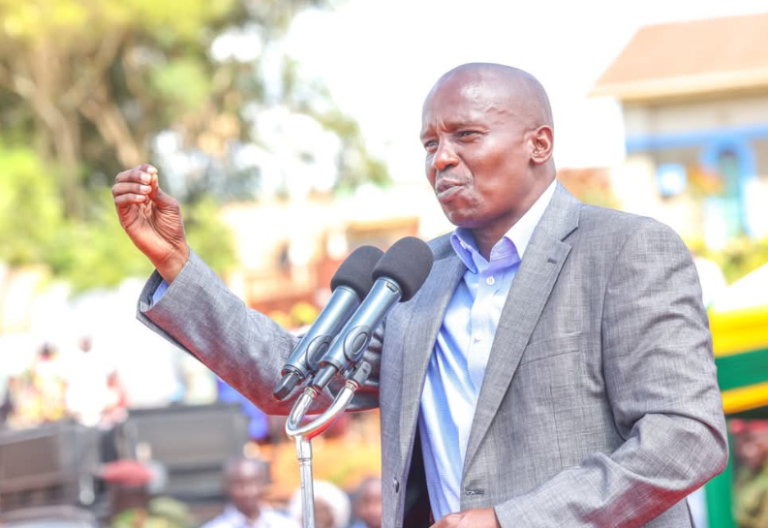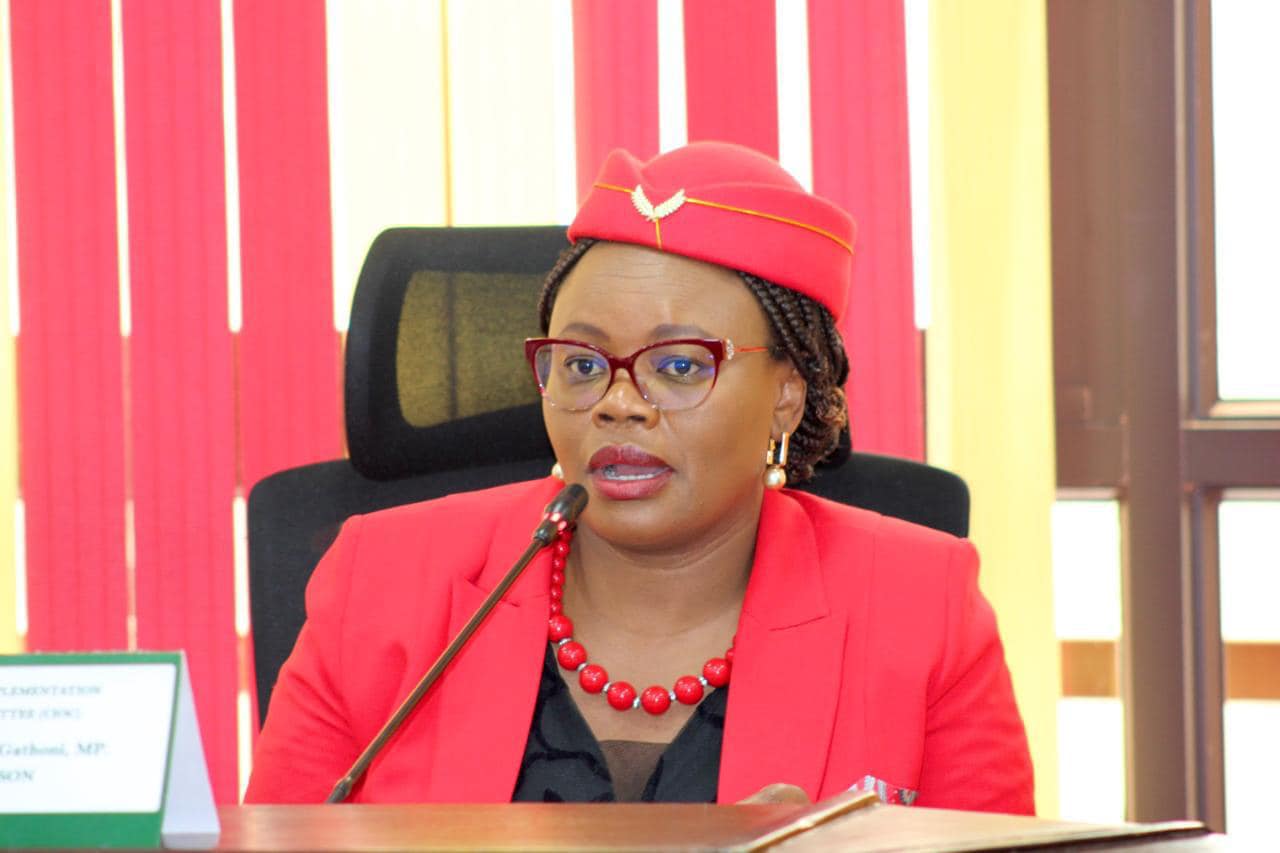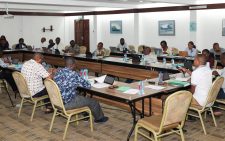Menstrual health campaign restores dignity to Turkana girls
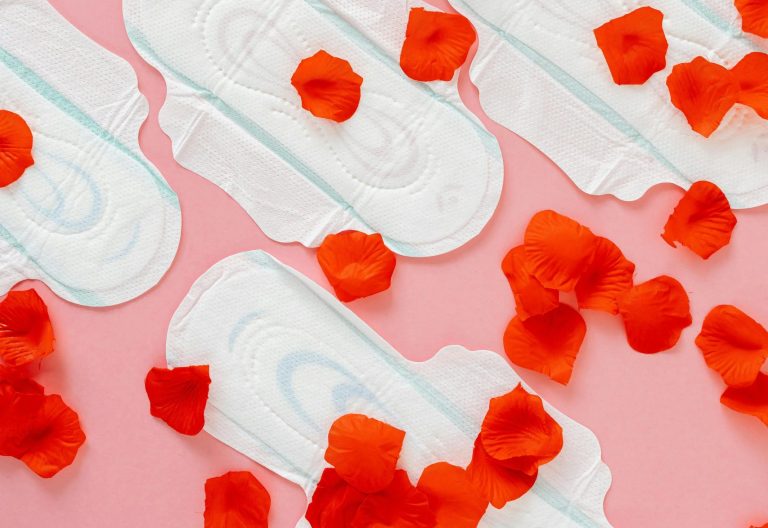
In the remote, nomadic pastoralist communities of Turkana, menstruation remains shrouded in silence, shame, and deeply rooted cultural taboos.
For many adolescent girls, a natural biological process often means isolation, missed opportunities, and trauma.
In some villages, menstruating girls are still forced to stay in dry riverbeds or are barred from household chores due to the belief that periods are a curse. But change is underway.
Under the Sexual and Reproductive Health and Rights (SRHR) pillar, Plan International Kenya, in partnership with UNHCR, the Turkana County Government, civil society organisations, and the private sector, is spearheading a transformative effort through the Climate Proofing Water, Sanitation and Hygiene (WASH) Services Project.
The initiative targets girls “on the move” in nomadic and kraal communities across the Kakuma refugee camp, Kalobeyei settlement, and the broader Turkana West region—young women who have long been left out of menstrual health conversations.
“We’re focusing on girls from pastoralist communities who face a double burden: lack of access to menstrual health services and harmful cultural beliefs,” David Lotum, Gender and Inclusion Project Officer, Plan International Kenya, stated.
Lotum says the program prioritises menstrual health education, awareness, and the distribution of dignity kits that include sanitary towels, undergarments, body lotion, slippers, and hand sanitiser—all aimed at restoring confidence and self-worth.
“Our goal is to break the silence and empower girls with knowledge and dignity, so they can carry out their daily duties without shame or fear,” he adds.
Pauline Njoroge, SRHR Advisor at Plan International, emphasised the organisation’s commitment to ending period poverty and dismantling harmful myths about menstruation.
“Our goal is to equip communities with the right information and support through initiatives like Girl on the Move. We want every girl to have access to menstrual products and clean sanitation,” she said.
Alice Eregae, head of Community Health Services in Turkana West, praised the distribution of reusable pads for their affordability and sustainability compared to disposable alternatives.

